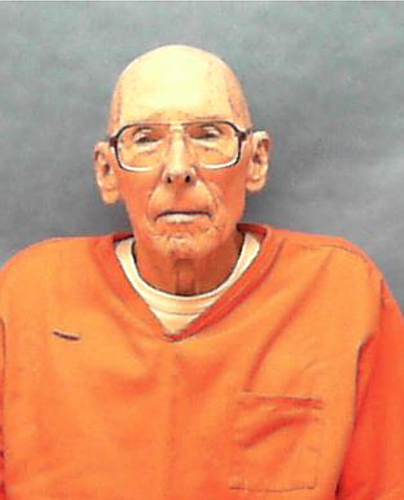- April 4, 2025
-
-
Loading

Loading

A couple of weeks ago, State Attorney Monique Worrell backed a request for DNA testing in Tommy Zeigler’s death-penalty case.
However, the office of Florida Attorney General Ashley Moody is pushing back and states the agreement didn’t comply with state procedural rules.
Worrell’s office filed a joint motion with Zeigler’s attorneys May 20 requesting the release of any evidence requested to a laboratory for the purpose of DNA testing.
“I was just delighted that Ms. Worrell was wiling to cooperate and work with us to seek the truth,” said Ralph Hadley, Zeigler’s attorney. “It really bothered me that the prior state attorneys and attorney general were so much more interested in getting an execution done than seeking the truth.”
Zeigler, 75, has spent more than four decades on death row after being convicted in the Christmas Eve 1975 murder of his wife, Eunice; her parents, Perry and Virginia Edwards; and a customer, Charles Mays; at the family’s furniture store in Winter Garden.
Then 30, Zeigler was charged while in the hospital days after the quadruple murder. Prosecutors believe his motive was two life-insurance policies of $500,000 total, which he took out on his wife prior to the murders. They maintain he shot himself in the abdomen in an attempt to frame Mays and two other men.
Zeigler has maintained his innocence, saying he was shot by the burglars and left to die. Zeigler also has said the increase in the amount of his wife’s life-insurance policy was pursuant to advice on an estate plan, according to court records.
Hadley said new DNA testing would prove Ziegler’s innocence.
In the June 1 notice from Moody’s office, though, Assistant Attorney General Patrick Bobek wrote that rules for post-conviction DNA testing in Florida require a defendant must testify under oath about the evidence to be tested, as well as their innocence and how new testing would exonerate them.
It’s not the first time DNA testing has been done in Zeigler’s case. In 2005, DNA tests failed to conclude Mays was the perpetrator. Zeigler’s case has been denied DNA analyses in 2013, 2016 and 2017.
“Previous DNA testing has failed to exonerate Zeigler, and he has been unable to show how any further testing could contradict the testimony of the several witnesses who make his version of events impossible and unbelievable,” Bobek wrote.
Post-conviction DNA testing also requires prosecutors to be notified — in this case, Moody.
Kylie Mason, deputy communications director for Moody’s office, said its Capital Appeals Division notified the court of obligations regarding certain findings and testing required pursuant to Florida rules of criminal procedure.
“Normally, as co-counsel for the state of Florida, the division and local prosecutors work together to reach an agreement on case strategy then jointly file any document seeking proposed relief from the court,” Mason said. “In this matter, a stipulation was filed on behalf of the state of Florida unbeknownst to the division, as a co-counsel in the case, and without complying with Florida law, which compelled our office to notify the court.”
Hadley said the agreement was an application by the state attorney’s office joined by the defense.
“It’s a win-win for the state,” he said. “If the evidence does what I think it will do — and that is prove him innocent — then they’re not going to execute an innocent man. That’s a win. If, on the other hand, I’m wrong ... and it proves him guilty, then they can go to bed at night knowing they did their job. ... Why would they not be willing to seek the truth?”
According to court records, no hearings in Zeigler’s case have been scheduled.